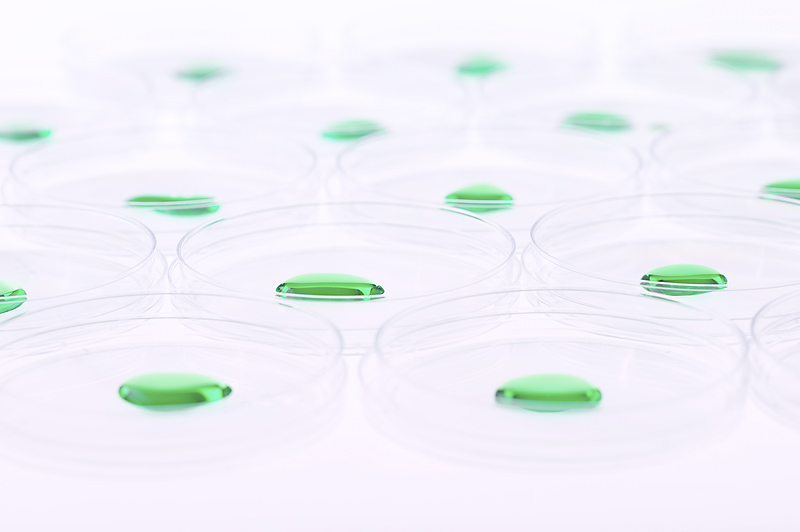
TUESDAY, May 12, 2015 (HealthDay News) — A new study reveals how cocaine and amphetamines affect the brain, and researchers hope the findings will lead to new addiction treatments.
The drugs disrupt the normal functioning of the dopamine transporter in the brain, reported the team from Oregon Health & Science University.
Currently, there are no approved drug therapies for amphetamine abuse, and people addicted to amphetamines and cocaine have a high relapse rate, the researchers said.
“Addiction to amphetamines and cocaine devastates lives, families and communities in Oregon and across the U.S. Our research pinpoints how these addictive drugs interfere with the dopamine transporter and normal signaling in the brain, bringing us closer to developing effective treatments for people who are addicted to cocaine and amphetamines,” Eric Gouaux, a senior scientist at the university’s Vollum Institute, said in a university news release.
Vollum researchers have spent two decades studying the dopamine transporter, a protein implicated in conditions such as schizophrenia, depression, drug abuse and attention deficit disorder.
The dopamine transporter acts as a “pump” that removes dopamine — an important neurotransmitter — from connections in the brain known as synapses. Amphetamines and cocaine block dopamine signaling by interfering with the functioning of the dopamine transporter, the researchers explained.
Dr. Richard Goodman, director of the Vollum Institute, said in the news release, “This research paper fills in a major gap in our knowledge that’s persisted for decades: how exactly these highly addictive drugs impact normal brain functioning. This groundbreaking research arms the pharmaceutical industry with specific information about targets for treatment, opening the door for new therapeutic approaches for blocking the effects of cocaine and amphetamine.
“In light of the profound economic and social costs of drug addiction in the U.S., this research could have a transformative effect,” he said.
The study was published online May 11 in the journal Nature.
More information
The U.S. National Institute on Drug Abuse has more about drug abuse and addiction.
Copyright © 2026 HealthDay. All rights reserved.

